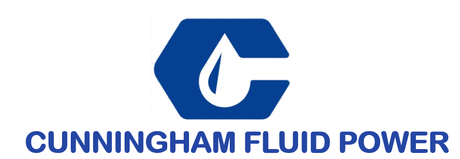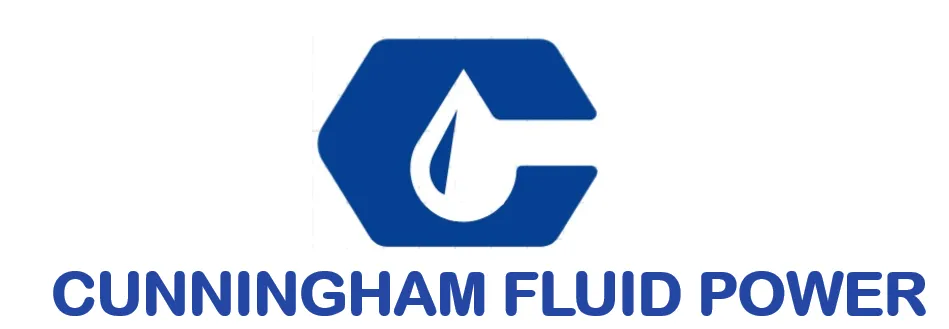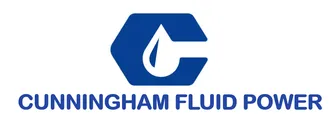How to Choose the Best Pvc Multicore Cable for Your Global Supply Needs
In today's interconnected world, selecting the right PVC multicore cable is crucial for businesses aiming to optimize their global supply chains. With a multitude of options available, understanding the specific requirements and applications of PVC multicore cables can significantly impact both performance and cost-efficiency. This guide is designed to help you navigate the complexities of choosing the best PVC multicore cable tailored to your operational needs. From evaluating cable specifications to considering factors such as environmental conditions and regulatory compliance, we will explore essential elements that influence your decision-making process. Whether you are an engineer, procurement officer, or business owner, equipping yourself with knowledge about PVC multicore cables will empower you to make informed choices that enhance your project’s success and reliability.
Understanding the Importance of PVC Multicore Cables in Global Supply Chains
When it comes to global supply chains, PVC multicore cables play a crucial role in ensuring seamless communication and power distribution. These cables, with multiple insulated conductors bundled together, offer versatility and efficiency, making them an ideal choice for various industries. Understanding their importance can significantly enhance your supply chain reliability, as they are integral in connecting machinery, systems, and processes across borders.
Here are some tips for selecting the best PVC multicore cable for your needs: First, consider the cable’s specifications such as insulation type, conductor size, and voltage rating to ensure compatibility with your equipment. It's crucial to assess environmental factors such as temperature, moisture, and exposure to chemicals, as these can impact the longevity and performance of the cables. Additionally, prioritize suppliers who provide detailed product information and support, helping you make informed decisions tailored to your unique supply requirements.
Lastly, don’t overlook the benefits of durability and flexibility; PVC multicore cables are designed to withstand harsh conditions while maintaining performance. Opt for cables that comply with international standards and certifications to guarantee safety and reliability in your global operations. By taking these factors into consideration, you can ensure that your global supply chain remains efficient and dependable.
Key Industry Standards and Certifications for PVC Multicore Cables
When selecting PVC multicore cables for global supply needs, understanding key industry standards and certifications is essential. The International Electrotechnical Commission (IEC) sets the foundation for safety and performance in electrical installations. Compliance with IEC standards ensures that the cables meet specific requirements for voltage ratings, insulation materials, and overall reliability, making them suitable for diverse applications across different regions.
Additionally, certifications such as Underwriters Laboratories (UL) and the British Standards Institution (BSI) enhance the credibility of PVC multicore cables. UL certification demonstrates that the cables have undergone rigorous testing for fire safety and environmental impact, while BSI certifications assure buyers of quality assurance processes and product integrity. By prioritizing cables with these certifications, businesses can mitigate risks and ensure that their installations adhere to both local and international regulations, thus enhancing operational efficiency and safety.
Evaluating PVC Multicore Cable Specifications: Conductivity, Insulation, and Durability
When selecting the best PVC multicore cable for global supply needs, understanding specifications such as conductivity, insulation, and durability is paramount. Conductivity is crucial as it determines how efficiently the cable transmits electrical signals. High-quality PVC multicore cables typically use copper conductors, which provide excellent conductivity levels necessary for various applications. As global demand for electrical components grows, it's essential to choose cables that meet rigorous international standards to ensure safety and performance.
Insulation properties also play a significant role, especially in environments where thermal management is critical. Enhanced thermal insulation materials have the potential to improve energy efficiency by minimizing heat loss. Emerging solutions like biomimetic nanofibres, which have been reported to significantly enhance thermal insulation, can be indicative of the future of cable insulation technology. Investing in cables that incorporate advanced insulation will not only support sustainable building initiatives but also align with the broader shift towards environmentally friendly practices in the industry.
**Tips:**
- Always verify the insulation ratings and ensure that the chosen PVC multicore cable can withstand the environmental conditions it will face.
- Look for cables featuring robust certifications that confirm their thermal and electrical performance to guarantee reliability and safety in your applications.
Comparison of PVC Multicore Cable Specifications
This chart illustrates the comparison of different PVC multicore cable specifications based on conductivity, insulation thickness, and durability ratings.
Exploring Cost-Effectiveness: Long-Term Value of PVC Multicore Cables vs. Alternatives
When considering the long-term value of PVC multicore cables, it’s essential to weigh their cost-effectiveness against alternative options. The global PVC market is currently witnessing a resurgence, with a projected growth from $706.3 billion in 2024 to $963.2 billion by 2031, driven primarily by increasing demand in regions like India. This positive outlook suggests that PVC multicore cables remain a compelling choice for businesses looking to invest in reliable wiring solutions.
PVC multicore cables offer several advantages, particularly in terms of durability and versatility. Unlike alternatives that may require frequent replacement or exhibit performance issues under adverse conditions, PVC cables are known for their longevity and resilience. This makes them a wise investment for global supply needs. As the market recovers from its lows, choosing PVC multicore cables not only provides substantial long-term savings but also ensures that companies are equipped with a robust solution to meet their operational requirements.
Tips for Selecting Reliable Suppliers of PVC Multicore Cables in Global Markets
When selecting suppliers for PVC multicore cables in the global market, reliability is paramount. According to a report by MarketsandMarkets, the global specialty wires and cables market is projected to reach USD 375.3 billion by 2027, indicating a robust demand for high-quality cable solutions. Therefore, understanding how to choose trustworthy suppliers can significantly impact your supply chain efficiency and product quality.

We have over 30 years of experience in designing complete hydraulic systems, repairs and distribution of fluid power equipment and parts.
FOLLOW US ON :
Contact Details
Address:
4020 SE 45th CT.
Ocala, FL 34480
Phone No:
Email:
sales@cunninghamfluidpower.com

